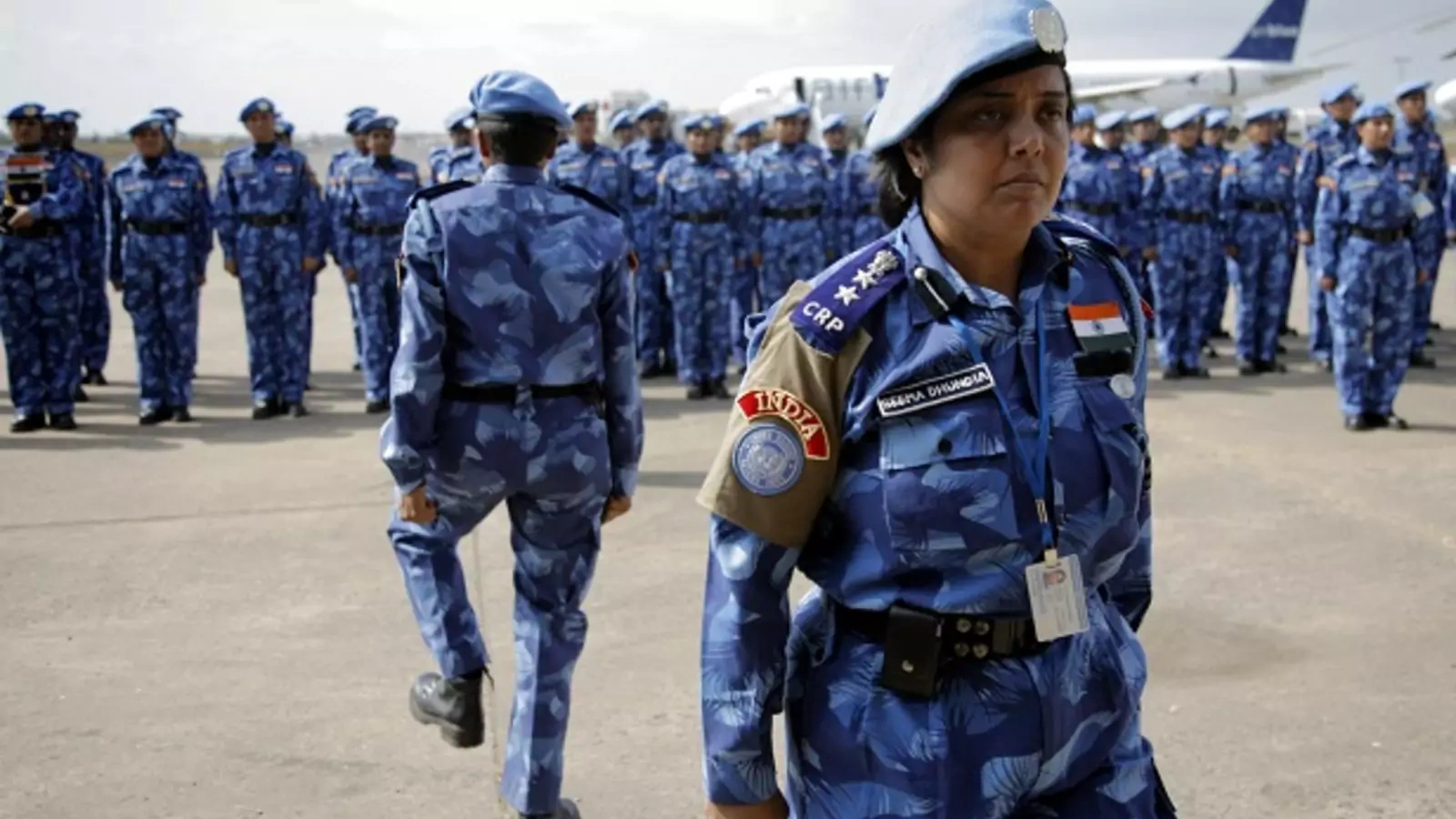Women Are Critical to Counterterrorism

February 15, 2017 12:25 pm (EST)

- Article
- Current political and economic issues succinctly explained.
President Donald Trump’s decision to suspend refugee admissions to the United States and block the citizens of seven Muslim-majority countries has been criticized as a violation of longstanding U.S. law and an abdication of fundamental American values. Although administration officials argue that the policy will help further American security interests, many experts believe it will do the opposite – handing extremists a powerful recruitment tool and alienating allies in the fight against terrorism.
The new refugee policy aligns with Trump’s promise to make U.S. national security and foreign policy more unpredictable. But as the president develops a new strategy to defeat the self-proclaimed Islamic State group, he should not introduce unconventional approaches that betray bedrock American principles and bolster our enemies. Instead, if Trump wants to shake things up in his effort to safeguard American citizens against terrorism, he should rely upon the inclusion of a group that is often overlooked but is of substantial strategic value: women.
More on:
According to our recent Council on Foreign Relations report, research shows that women are well-positioned to detect early signs of radicalization because their rights and physical integrity are often the first targets of fundamentalists. A qualitative analysis of 30 countries across the Middle East, North Africa and South Asia found that women were substantially more likely than men to be early victims of extremism. Indeed, restrictions on women’s rights have accompanied the rise of extremist groups – particularly those with fundamentalist religious ideologies – across the globe, as has been documented with the Taliban in Afghanistan, Boko Haram in Nigeria and the self-proclaimed Islamic State group.
Women’s central roles in many families and communities also afford them a unique vantage point from which to recognize unusual patterns of behavior and signs of impending conflict, such as arms mobilization and weapons caching. In Kosovo, for example, women were the first in their communities to voice concerns when young men were amassing weapons, heading into the local hills and training. Indeed, Kosovar women reported signs of impending conflict well before violence broke out; however, because no adequate reporting systems were in place to make use of their insights, their concerns went unheeded.
Read the full article in U.S. News and World Report >>
More on:
 Online Store
Online Store
